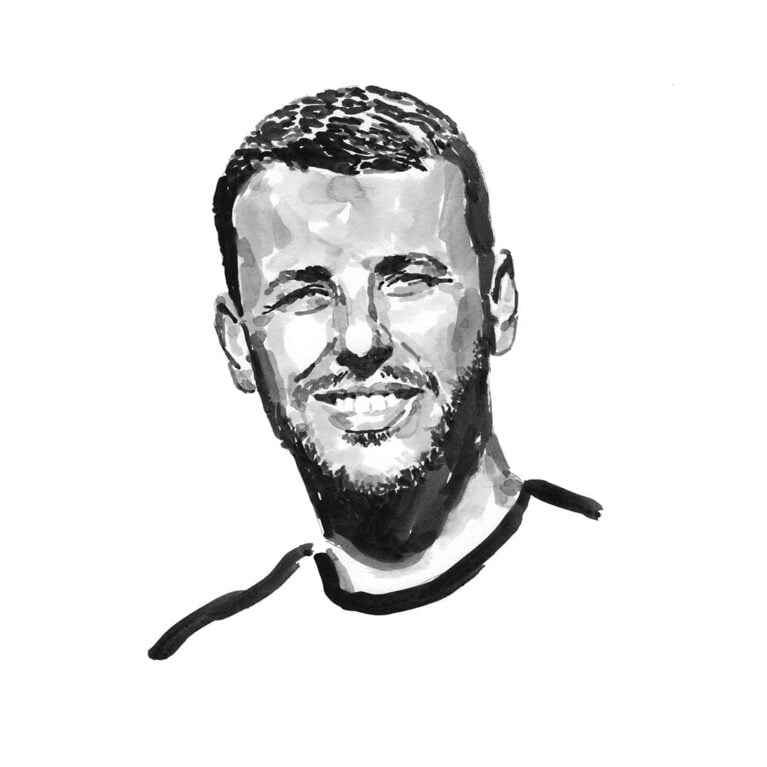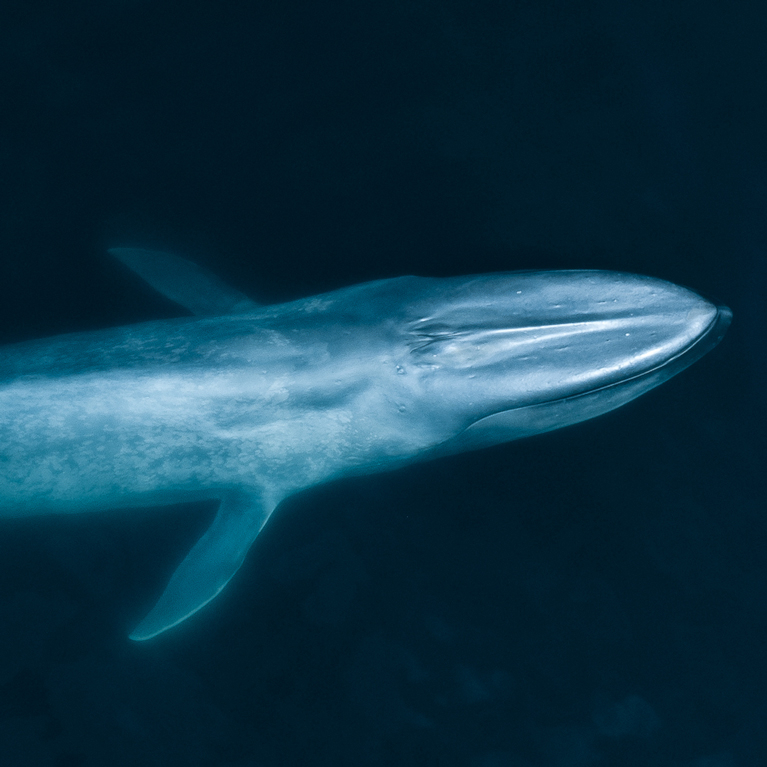The importance of Seychelles for blue whales, and other whales and dolphins
Jeremy wants to understand when blue whales and other whales and dolphins visit Seychelles, and how many visit when they do. He investigates which factors, such as ocean currents and noise pollution, affect their presence and behaviour in these waters. To do this, he spends hours observing whales and dolphins from a boat, documenting their behaviour, where they move and what they do. He also uses their calls to determine when they arrive, whether they’re feeding or mating, and where they come from. This information can help identify new behaviours and important areas that need protection.
I am a biology professor at Florida International University and the director of the Marine Conservation Ecology Lab. Originally from France, I obtained my PhD from the University of La Rochelle in 2010, focusing on the ecological and behavioural relationships of several dolphin species around the tropical island of Mayotte in the Mozambique Channel. I study marine mammals (whales, dolphins and sirenians) and other large marine vertebrates (sea turtles and sharks) around the globe to understand how the marine ecosystem and human activities affect their behaviour and populations, and how they...
Importance of the Seychelles for endangered blue whales and other cetaceans
Our key objective is to understand how important Seychelles is for the Endangered blue whale, as well as when and why (for feeding or reproduction, or both).
Several species of large whales, such as the humpback whale, have recovered from whaling. However, others are still endangered and we know very little about these animals. This is particularly the case for blue whales, which are currently under threat from climate change and acoustic pollution. Ocean noise affects the ability of whales to undertake vital processes, such as breeding, feeding and travelling from feeding to breeding grounds.
In the open ocean, island archipelagos are often oases of life. They are characterised by steep underwater slopes that can generate oceanographic conditions that will promote the presence of nutrients and food for large marine predators such as sharks, tuna, whales and dolphins. In the western tropical Indian Ocean, Seychelles is characterised by a high abundance and diversity of whales and dolphins. Past surveys carried out throughout the south-western Indian Ocean have shown that cetacean densities are greatest around Seychelles, with a high species diversity. The archipelago used to be a major whaling ground, particularly for Soviet whalers during the 20th century. However, no dedicated research has been carried out to understand the importance of this region for endangered cetaceans, particularly blue whales, although the Indian Ocean Whale Sanctuary was established in 1979 – after being proposed by Seychelles – and the International Whaling Commission banned all types of commercial whaling within it. Studying whales and dolphins in their natural habitat can be challenging, particularly in areas where there is no information at all. Listening to whales and dolphins using hydrophones (underwater microphones) is a great method to investigate which species are present and when, and what the animals do. It also gives us an idea of how many animals are present at the same time in an area covering hundreds of square kilometres. Very little is known about blue whales and other large whales in the tropical Indian Ocean, although we do know that several species occur and may even be abundant, particularly in Seychelles.
Using a combination of acoustic methods and visual boat-based surveys, we aim to improve our knowledge about the abundance, behaviour and critical habitat of blue whales and other cetaceans in Seychelles, particularly around D’Arros Island and St Joseph Atoll. We will assess the importance of this region for cetaceans and how human activities (particularly acoustic pollution) may affect them. For any project we do around the globe, we believe that training local students is crucial for the success of a long-term effort. We will therefore train students from Seychelles, bring them into the field and involve them in the analysis of the data we will collect at sea. Since the population of Seychelles is often unaware of the presence of whales in the archipelago, we will develop outreach initiatives to raise awareness about the presence of whales.
Public presentation at MODS: Save Our Seas Distinguished Speaker Series : the importance of the Seychelles islands for Blue whales, other whales and dolphins


